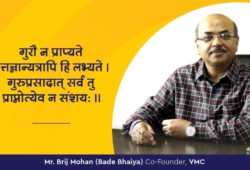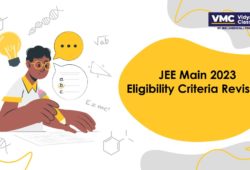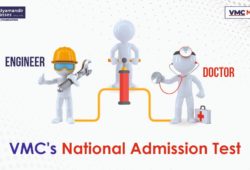Navigating the Path from Confusion to Clarity: Mastering Exam Question Responses!
 Posted On
Posted On
420 total views, 1 views today
Exams can often induce stress and anxiety, especially when it comes to tackling complex questions that require a clear and concise response. The journey from confusion to clarity in exam question responses is a crucial one, as it can significantly impact your academic performance. This blog aims to provide you with valuable strategies to excel in your exam question responses and transform uncertainty into confidence.

Understand the Question
Before diving into crafting your response, take the time to thoroughly understand the question. Read it multiple times, highlighting key terms and instructions. Identify any specific requirements, such as providing examples, explanations, comparisons, or arguments. By clarifying the question’s demands, you’ll be better equipped to tailor your response accordingly.
Plan Your Response
Once you’ve grasped the question’s essence, develop a clear plan for your response. Outline the main points you intend to address and the structure you’ll follow. This step prevents you from meandering in your writing and ensures that your response stays focused and organized.
Break Down Complex Concepts
If the question involves intricate concepts or ideas, break them down into simpler terms. This not only aids your understanding but also helps you present your response in a coherent manner. Imagine you’re explaining the concept to someone unfamiliar with the subject. Use analogies, metaphors, or real-life examples to elucidate complex ideas.
Craft a Strong Thesis Statement
In essay-type questions, a strong thesis statement is paramount. This concise sentence encapsulates the main point of your response. It acts as a roadmap for your readers, guiding them through your argument. Ensure that your thesis is clear, specific, and aligned with the question’s requirements.
Provide Relevant Evidence
Back up your arguments with relevant evidence, whether it’s from your course materials, lectures, or external sources. Evidence lends credibility to your response and demonstrates your understanding of the topic. Always explain the significance of the evidence in relation to your argument.
Structure Matters
A well-structured response enhances readability and comprehension. Follow a logical order, such as the classic introduction-body-conclusion structure. Each paragraph should focus on a single point or idea, and there should be smooth transitions between paragraphs to maintain the flow of your response.
Be Concise and to the Point
Excessive wordiness can dilute the clarity of your response. Be concise while conveying your ideas effectively. Try to stay on topic and avoid adding unnecessary details. Every sentence should contribute to your overall response.
Address Counterarguments
Demonstrate critical thinking by addressing potential counterarguments. Acknowledge opposing viewpoints and explain why your perspective holds weight. This showcases your ability to engage with complex topics and strengthens the depth of your response.
Practice Time Management
In time-constrained exams, effective time management is crucial. Allocate a specific amount of time for reading the question, planning your response, writing, and revising. Avoid spending too much time on one section, as this could result in neglecting other equally important parts of the exam.
Review and Revise
Once you’ve completed your response, allocate time to review and revise. Look for grammatical errors, unclear phrasing, and inconsistencies. Ensure that your response aligns with the question’s requirements and effectively conveys your ideas.
Final Thoughts
Excelling in exam question responses requires a combination of understanding the question, careful planning, clear structuring, and effective communication. By embracing these strategies, you can confidently navigate from confusion to clarity, demonstrating your grasp of the subject matter and your ability to think critically under pressure. Remember that practice makes perfect—regularly practicing these techniques will not only enhance your exam performance but also your overall academic skills.




